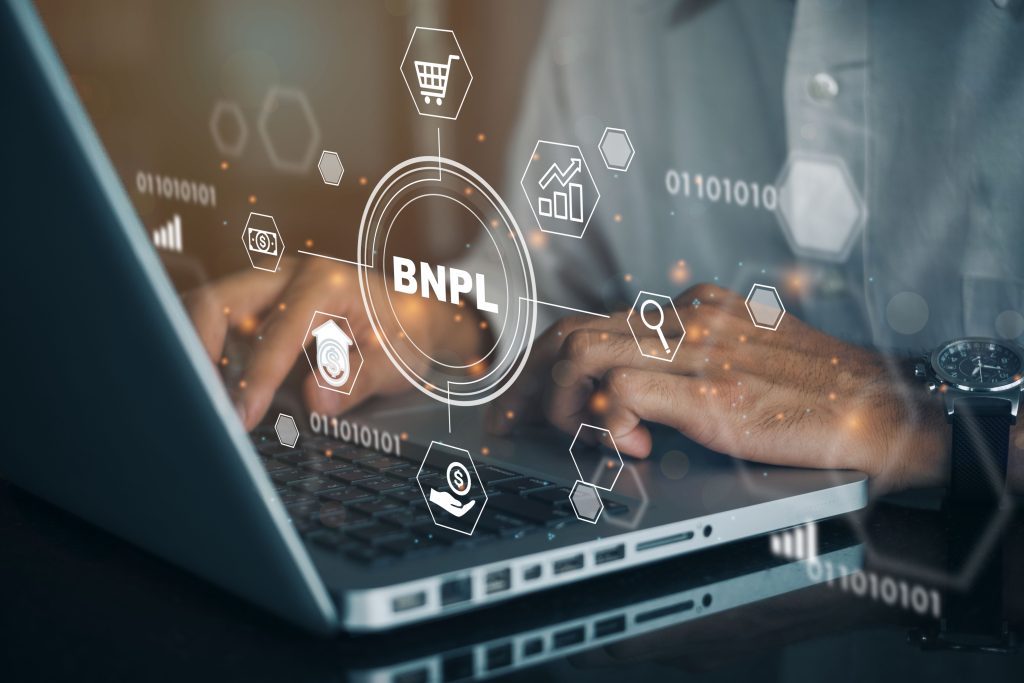After a multi-year investigation into the market practices of buy now, pay later (BNPL) lenders, the Consumer Financial Protection Bureau (CFPB) has issued an interpretive rule subjecting the industry to regulations currently governing credit card products. More specifically, the interpretive rule would subject BNPL lenders to subpart B of Regulation Z, a section that involves the requirement of periodic billing statements, disputes, and returns.
Understanding Periodic Billing Statements
Anyone who owns a credit card receives a billing statement not only because the lender wants to remind you to pay, but because it is also a federal requirement. Card issuers are required to provide a statement at least 21 days before a payment due date. Statements are a consumer’s ledger, showing how much they owe, recent transactions, due dates, and interest fees.
With the new ruling, BNPL vendors will be required to provide a periodic statement much in the same way of their credit card counterparts. Statements provide another method of communication with the consumer outside of the app itself and serve as an important reminder of a consumer’s history with a lender.
Disputes and Returns
Major BNPL vendors such as Klarna and Affirm already offer methods for reporting a return and for disputes. Users must first work with the merchant and then go to the lender if the issue remains unresolved. The current process is currently regulated by best business practices—what consumer would use a payment method that doesn’t have a return or dispute process?
Several BNPL firms released statements after the news broke. In a statement, Affirm noted: “We are encouraged that the CFPB is promoting consistent industry standards, many of which already reflect how Affirm operates, to provide greater choice and transparency for consumers. Affirm’s success is aligned with responsibly extending access to credit as we do not charge late or hidden fees. We underwrite every transaction, provide consistent and transparent disclosures, and offer dispute and error resolution assistance. We urge other companies that offer buy now, pay later products to live up to the industry’s promise to provide consumers with a more flexible and transparent alternative to other payment options. We are committed to continuing to engage with the CFPB as we constantly improve the experience and value we deliver to consumers, as well as our practices.”
What’s more, in their recently released statement, Klarna said: “We have long supported and called for bespoke, proportionate BNPL regulation that fits the unique nature of the products, fosters innovation and ensures consumer protection for years. It is baffling that the CFPB fails to acknowledge the fundamental differences between BNPL and credit cards in their guidance and this announcement does nothing to address the $1.15 trillion in credit card debt.”
The new interpretive rule now makes these a federal requirement ensuring consumers have protections like they do when they use their credit cards. Such protections may encourage more usage of BNPL.
Expect More Regulation
We had a sense that more regulations were coming to the BNPL industry, particularly when the CFPB began studying the market practices of BNPL lenders. BNPL billed itself as a challenger product to the traditional credit card market and has been widely successful with that positioning. However, we are now seeing lenders launch new products in the U.S. market that seem at odds with their initial brand — physical cards. Both Affirm and Klarna have launched card products to try to attract consumers into their payment ecosystem and to use them for in-store purchases. In many ways these products are attractive for higher volume, small ticket items such as everyday spend items. BNPL has grown to be more than just a financing tool for one-time large purchases.
As BNPL popularity continues to grow, we expect the product to become more regulated. BNPL lenders already seem prepared to adjust to this current interpretive ruling and are generally already providing the required services. For the future, lenders should look no further than their credit card relatives to see what could be coming next.
